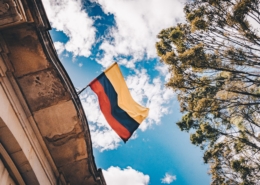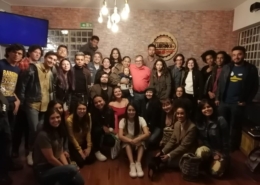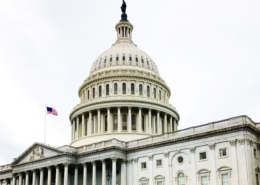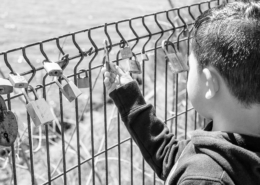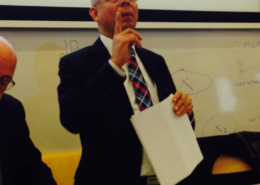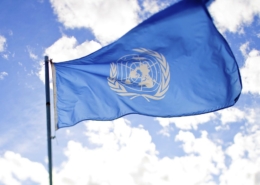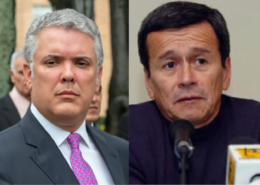Marc 16th / 2021
Over the first two months of 2021, security conditions and the enjoyment of human rights in the Pacific region of Colombia have deteriorated, as a number of organisations and communities have made clear.
Our concern is shared by different processes, organisations and communities in the west of the country.
The armed conflict does not only have a local impact, due to the territorial expansion of the National Liberation Army (ELN in Spanish) and other armed groups, but also a transnational one, involving neighbouring countries such as Venezuela, Ecuador and Cuba.
In this context, the fieldwork of different groups, and religious and spiritual institutions, as mediators and accompaniers of the communities, serves to lay the ground for possible peace negotiations, as well as for other peacebuilding activities.
Unfortunately, these grass-roots processes have been subject to threats and violence, as the recent attack on the Bishop of Buenaventura, Mgr. Rubén Dario Jaramillo, shows.
As such, we consider that a joint agenda, as follows, is of fundamental importance, in order to:
Come to local humanitarian agreements to stop the violence.
Demand the full implementation of the Peace Agreement with the FARC-EP, especially on the points concerning holistic rural reform and solving the problem of illicit drugs
Improve the performance of the public security forces so as to recover trust and confidence.
Reprise the dialogues with the ELN.
At Embrace Dialogue, we will our work in the regions and across borders, allowing us to contribute from the perspective of a culture of dialogue to a negotiated end to the Colombian armed conflict, especially in the Pacific territories.
Now more than ever, the active and informed participation of civil society is necessary if a ‘complete peace’ is to be arrived at. Such participation is essential for advancing towards a political solution to the conflict with the ELN.

